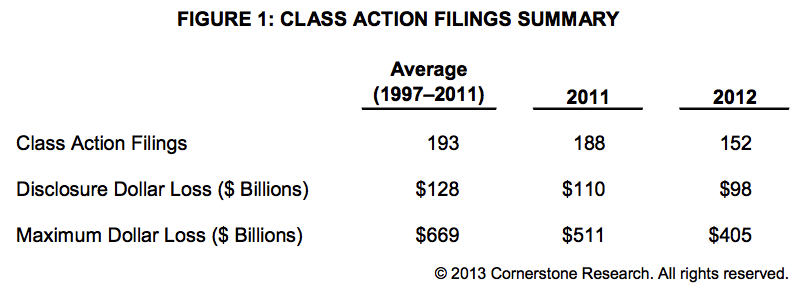The following post comes to us from Antonia E. Stolper, head of the Capital Markets-Americas group and the Latin America affinity group at Shearman & Sterling LLP, and is based on a Shearman & Sterling client publication by Ms. Stolper, Henry Weisburg, Stephen J. Marzen, and Patrick Clancy.
An update on the final round of appellate filings in the NML v. Argentina appeal.
On January 25, briefs were filed with the Second Circuit on behalf of two groups of plaintiff-appellees in the appeal from District Court Judge Griesa’s November 21 injunction, NML and Aurelius. And on February 1, four sets of reply briefs were filed, on behalf of appellants Argentina, Bank of New York Mellon (BNY Mellon), the Exchange Bondholders Group, and Fintech Advisory. Under the schedule set by the Second Circuit, briefing is now concluded, and the next major event will be oral argument before the Second Circuit on February 27.
Copies of all of these papers can be found on our Argentine Sovereign Debt webpage, at http://www.shearman.com/argentine-sovereign-debt/. Our summary of the prior briefing on this appeal can also be found there.
We summarize below the major points made in each of these six briefs, followed by our compilation of the major issues cutting across the virtual mountain of briefing confronting the three-judge panel that will decide this case.
